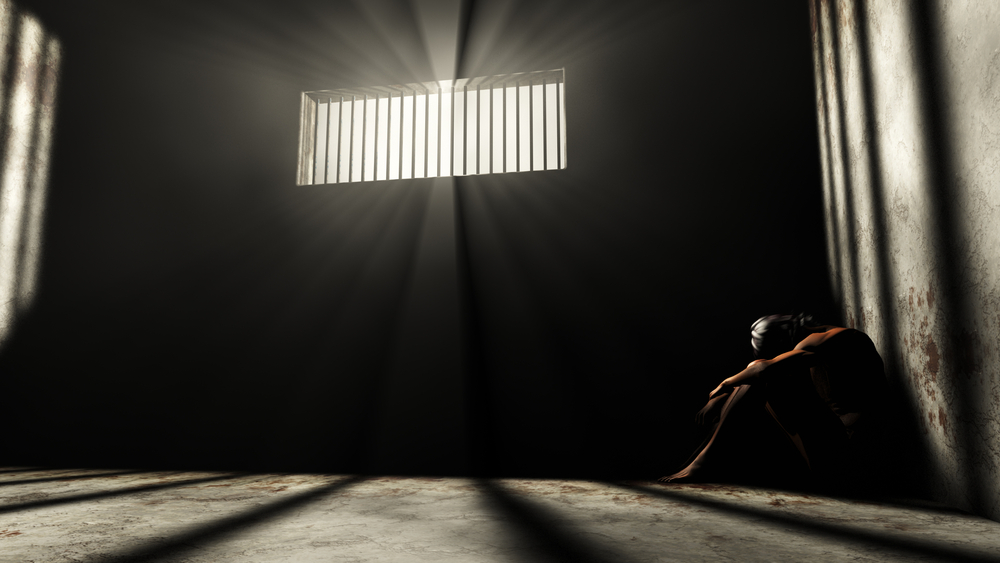ABA House passes measure urging curbs on solitary confinement: 'This is inhumane'

Shutterstock.com.
The ABA House of Delegates approved a call to curtail the use of solitary confinement.
Legislatures were urged to draw up laws allowing solitary confinement “only in exceptional cases as a measure of last resort, where less restrictive settings are insufficient, and for no longer than is necessary to address the specific reason for placement, typically not to exceed 15 consecutive days.”
It further urged that solitary confinement be completely prohibited for “individuals with intellectual disability or serious mental illness; the elderly; women who are pregnant, are postpartum, or recently had a miscarriage or a terminated pregnancy; and individuals whose medical conditions will be exacerbated by such confinement.”
Eric Drogin, a Massachusetts lawyer and the Science & Technology Law Section’s liaison to the Criminal Justice Section, rose to say that Resolution 108A was not offered to completely do away with solitary confinement, but to make sure it’s used “safely, fairly and sparingly.”
Prohibiting the use of solitary confinement for those with intellectual disabilities or mental illnesses, pregnant and postpartum women, and anyone who would be made more ill makes sense because these prisoners are hardly the “so-called worst of the worst,” Drogin said.
Those with mental illness and disabilities were of particular concern for the Commission on Disability Rights, which co-sponsored the resolution.
“We’re talking about putting someone in a room the size of a parking space,” said Robert T. Gonzales, a Baltimore lawyer and chair of the commission. “This is inhumane.”
Judge Bernice Donald of the Cincinnati-based 6th U.S. Circuit Court of Appeals spoke in favor of the resolution, bringing up the case of Kalief Browder.
Browder was sent to New York’s Rikers Island at 16 under suspicion of stealing a bookbag, spent three years awaiting a trial that never occurred—two of those years in solitary confinement.
“Whatever mental illness he had was exacerbated [by solitary confinement],” Donald said.
After his release in 2013, Browder committed suicide in 2015.
“We need to recognize that that is torture,” Donald told the ABA House of Delegates.
Link to resolution updated Feb. 7.
Follow along with our full coverage of the 2018 ABA Midyear Meeting



